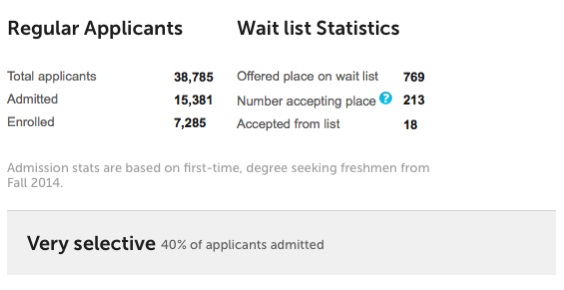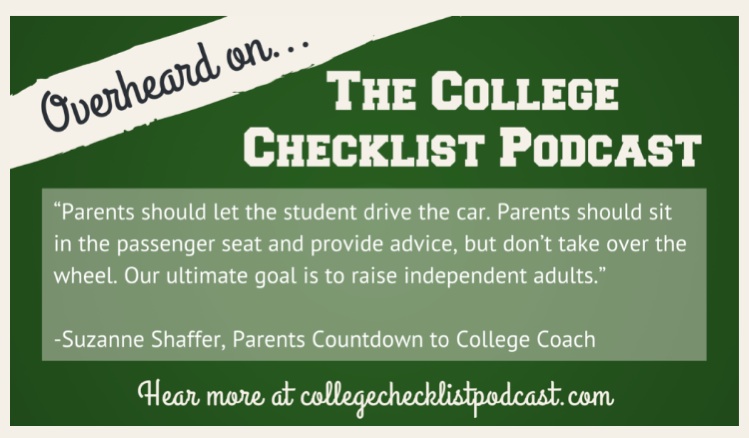 Recently a new book was released by the New York Times op-ed columnist Frank Bruni: Where You Go Is Not Who You’ll Be: An Antidote to the College Admissions Mania. As you can imagine, it’s quite the controversial topic, especially among Ivy League colleges, current students and alumni.
Recently a new book was released by the New York Times op-ed columnist Frank Bruni: Where You Go Is Not Who You’ll Be: An Antidote to the College Admissions Mania. As you can imagine, it’s quite the controversial topic, especially among Ivy League colleges, current students and alumni.
Of course, I (and so many other college counselors) have been saying this for years: Does it Matter WHERE You Go To College? Mr. Bruni just put it down on paper and in a best-selling book. Parents and students are resonating with its message. Why? Students and parents are filled with stress, anxiety, and frustration over the college prep process–test prep, essays, college choice, financial aid decisions and more. We are tired of our students putting all their future expectations of success on a college name or reputation.
Read some of the reviews of the book:
“For students, parents, teachers, and everyone else suffering during the college admissions process, Frank Bruni offers an outstanding resource. Where You Go Is Not Who You’ll Be is a thought-provoking look at how the system works-and a fresh, reassuring reminder of what really matters in the college experience.”
-Gretchen Rubin, bestselling author of The Happiness Project and Happier at Home“The supposition that intelligence can be measured, that success can be predicted, and that the combination of the two creates happiness is rightly exploded in this sharply observed and deeply felt book. In deconstructing the college admissions process, Frank Bruni exposes the folly by which enfranchised people measure their own lives. He speaks with a voice of urgent sanity.”
-Andrew Solomon, National Book Award-winning author of Far From the Tree: Parents, Children and the Search for Identity“Frank Bruni provides the perfect course correction for students and parents who get sucked into the college admissions frenzy. I should know. I was one of them.”
-Katie Couric“Frank Bruni has a simple message for the freaked-out high school students of America. Calm down. Where you go to college matters far, far less than what you do once you get there (and afterward). He urges families to look beyond the usual suspects and find a school that’s going to offer something more useful than a window sticker. His clear, well-researched book should be required reading for everyone caught up in the college-admissions game.”
-William Deresiewicz, bestselling author of Excellent Sheep: The Miseducation of the American Elite and The Way to a Meaningful Life“For families caught up in college-application madness, this book provides a much-needed tonic. For the rest of us, it’s an inspiring call for a wiser, saner approach to American higher education.”
-Paul Tough, bestselling author of How Children Succeed: Grit, Curiosity, and the Hidden Power of Character“Your worth is not determined by the university you went to. Or, in other words, “Where You Go is Not Who You’ll Be.” Alleluia. That’s the exact mantra every student and parent must heed as they navigate the stressful college admissions process. I’m doing it for the fourth time and this excellent writer’s new book could not have come at a better time for me. As Frank Bruni brilliantly demonstrates, your worth is your worth and it’s yours to make wherever you go.”
-Maria Shriver
Read this quote from Frank Bruni’s guest post on The College Solution:
…What we desperately need to do in this country is change the focus of the discussion from where you go to college to how you use college. In what directions do you need to grow? In what ways does your frame of reference need broadening? If kids were coached to worry about that, and not about the college name splashed across the sweatshirts they’re wearing, they’d be better for it. All of us would.
Do yourself (and your teens) a favor–focus on the education, the experience, and the joy of the college search. Years down the road, it really won’t matter where they got their diploma.











